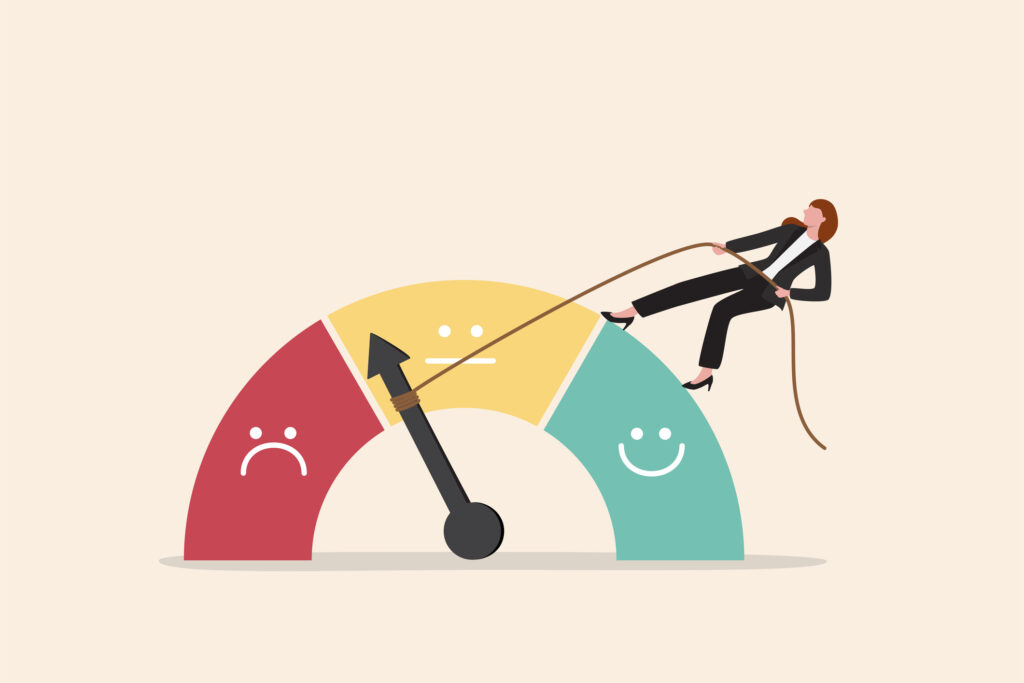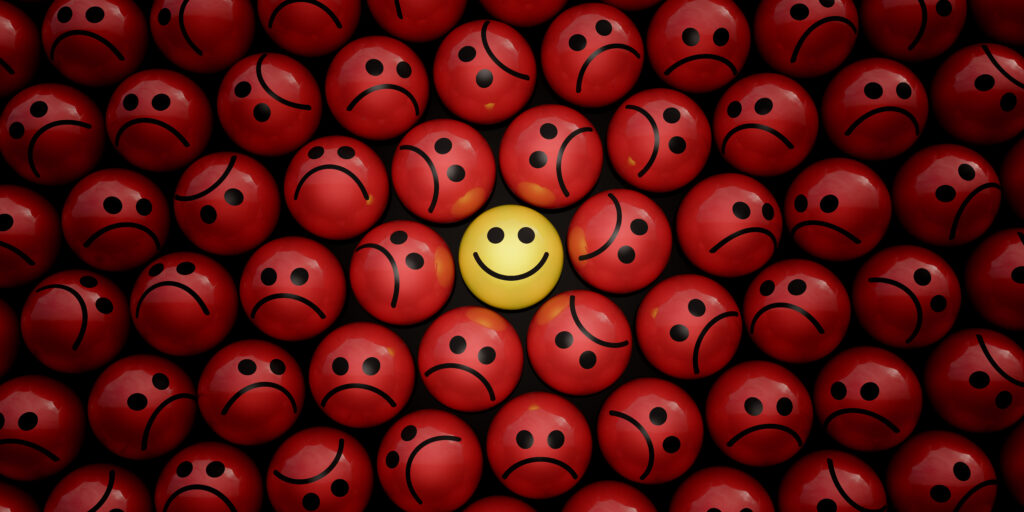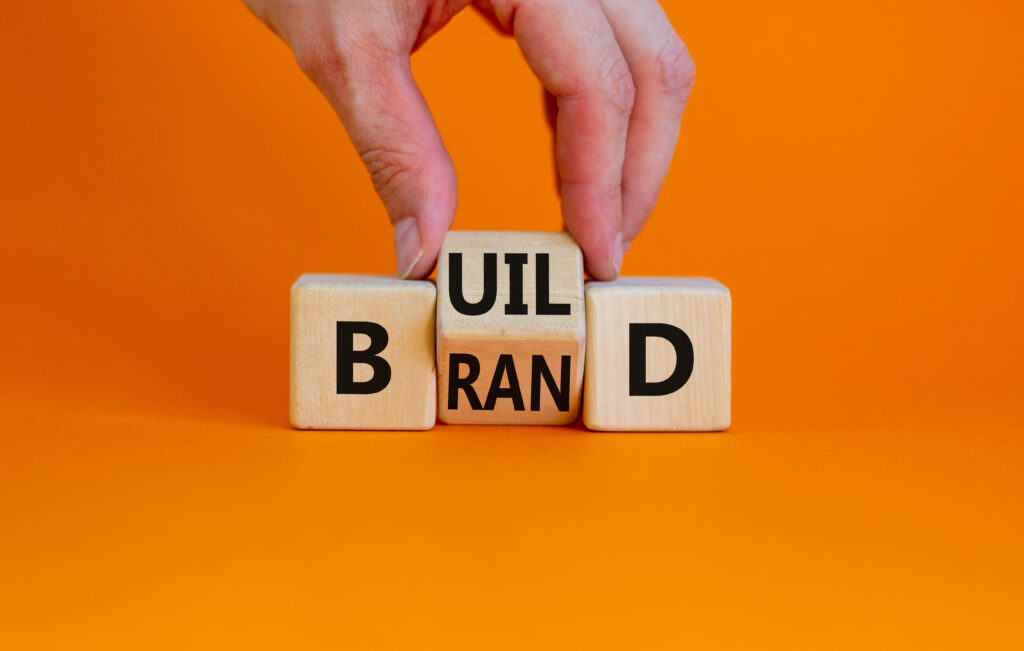For lawyers, conflict comes with the territory. Courtrooms are high-tension, high-stress spaces. Whether you're facing difficult opposing counsel, cross-examining a combative witness, or managing a high-strung client, the ability to stay calm and composed no matter the situation is vital. Otherwise, your effectiveness and professional credibility could suffer a blow.
Unfortunately, keeping your cool in a high-stakes profession with incredibly long hours is easier said than done. The key is to respond rather than react.

Recognize the signs. One aspect of high emotional intelligence is being able to recognize what you're feeling and sit with it. Anger can sneak up on you. It doesn't always show up as screaming matches; it can fester beneath the surface. In the legal world, behavioral signs can present as passive-aggressive communication, interrupting, a dismissive tone, or refusing to let go of an argument. It can also creep over you physically: tense muscles, shallow breathing, and a rapid heart rate can mean you're letting anger get the best of you.
The earlier you recognize the signs and acknowledge your emotions are taking over, the earlier you can regulate your response. If left unchecked, anger can escalate into damaged professional relationships, loss of credibility before judges or clients, ethical missteps, or even physical harm to your body due to high stress levels.
If you're having trouble recognizing the signs, consider keeping a journal. Not only will this help you track your emotional patterns, it can also serve as a great way to blow off steam and organize your thoughts.
Pause. A disrespectful comment at the end of a long cross-examination has just about set you over the edge. It's time to use your most powerful tool: the pause. Stop for a moment. Take a breath. Let a beat or two pass before you reply. Formulate a rational response instead of letting emotion take over.
This is what it means to respond rather than react. Staying cool isn't about backing down and letting others walk all over you; it's about responding strategically rather than reacting emotionally.

Reframe the conflict. You've paused for a breath. Now it's time to take a step back and ask yourself: what outcome am I actually aiming for here? Will anger get me closer to my desired results? Instead of viewing the other party as an adversary, try to reframe the situation as a problem to be solved. Angry insults are certainly not the solution to this problem.
This mindset shift can defuse tension and return you to your most strategic self. Emotions might run high in a courtroom, but your most powerful weapon is logic. Use it as your lens when reframing a tense situation into a problem to be solved.
Make mindfulness your weapon. When you think mindfulness, you might imagine someone meditating cross-legged on a pillow doing deep-breathing exercises, but it's much more than that. Mindfulness is staying grounded in the present moment. Practicing mindfulness can help reduce your emotional reactivity (and stress!), improve focus, and ultimately help you to make more thoughtful decisions. It's a skill that can be practiced both in and out of the courtroom, so be sure to add it to your arsenal.
Want to learn more about how to be mindful? Check out this past blog post, "5 Methods for Mindfulness."

Exercise. Physical activity is proven to boost your mood by releasing endorphins. Regular exercise can go a long way in helping reduce stress and by extension, keep your head cool in conflict. Make sure it's something you enjoy whether that be jogging, biking, swimming, or simply going for a nature-filled walk in the park.
Ask for help. If it's gotten to the point where your anger is consuming you, don't be afraid to seek professional help. A therapist or counselor can seek out underlying issues and suggest healthy strategies to cope with these unwanted emotions. If you're not ready to take that step, then try relying on a friend or family member. Community can go a long way in building support and elevating your mental health.
If neither of those options appeal to you, don't forget about PBA's Lawyers Concerned for Lawyers Confidential Helpline, available 24/7 for whenever you need it.

In a profession built on advocacy and argument, keeping your cool is no easy feat. It's a form of strength that protects your relationships, your reputation, and your peace of mind.
Remember: Your calm is your power.


